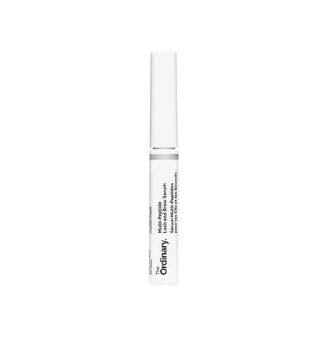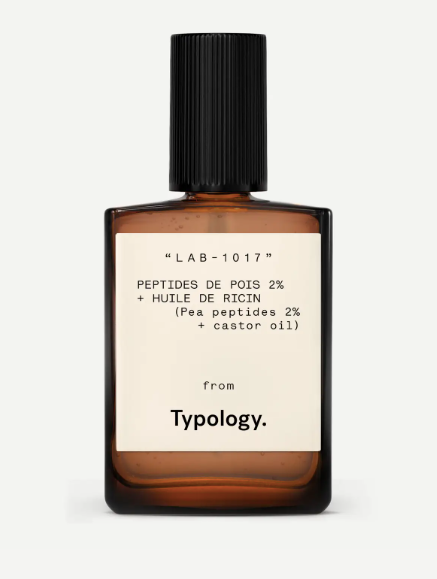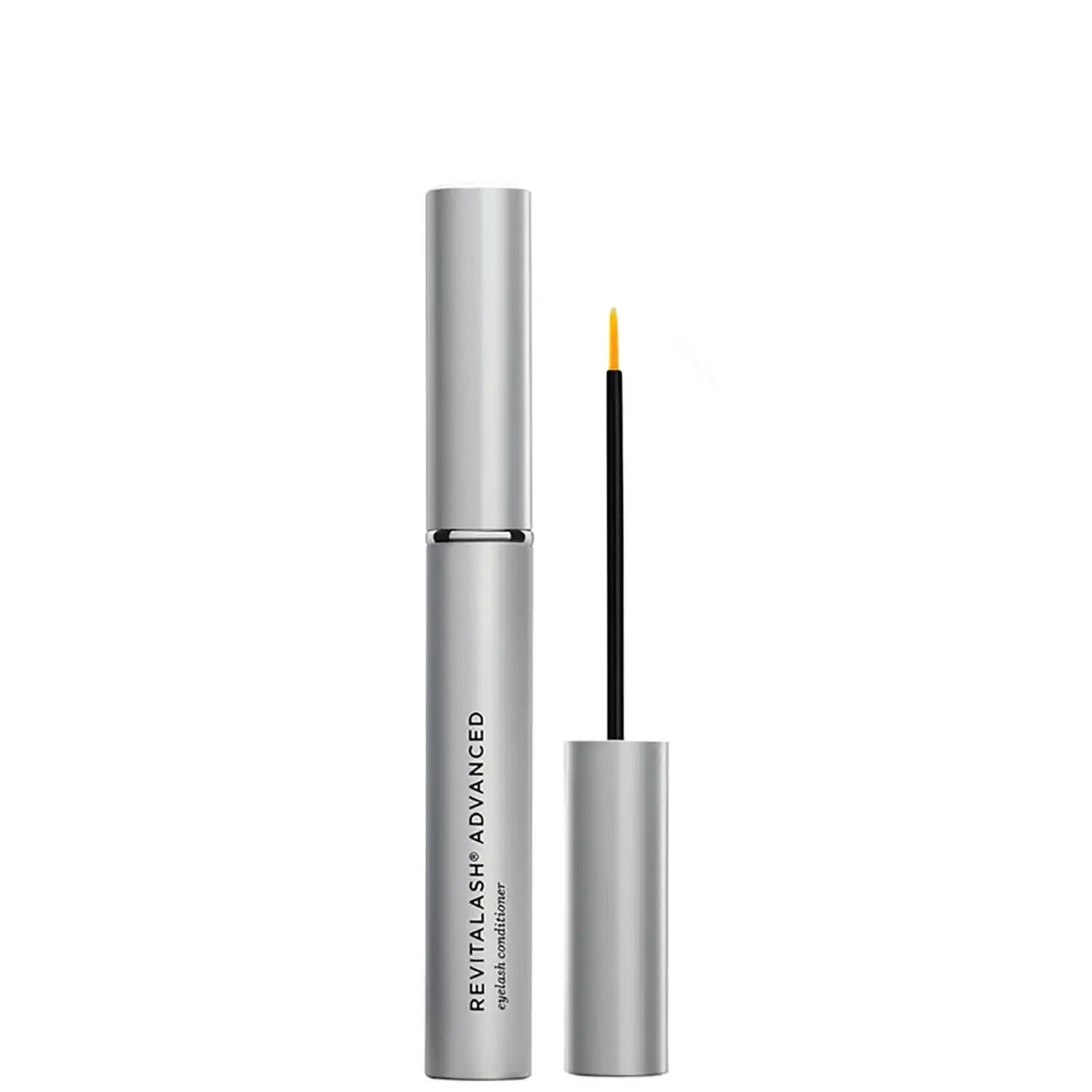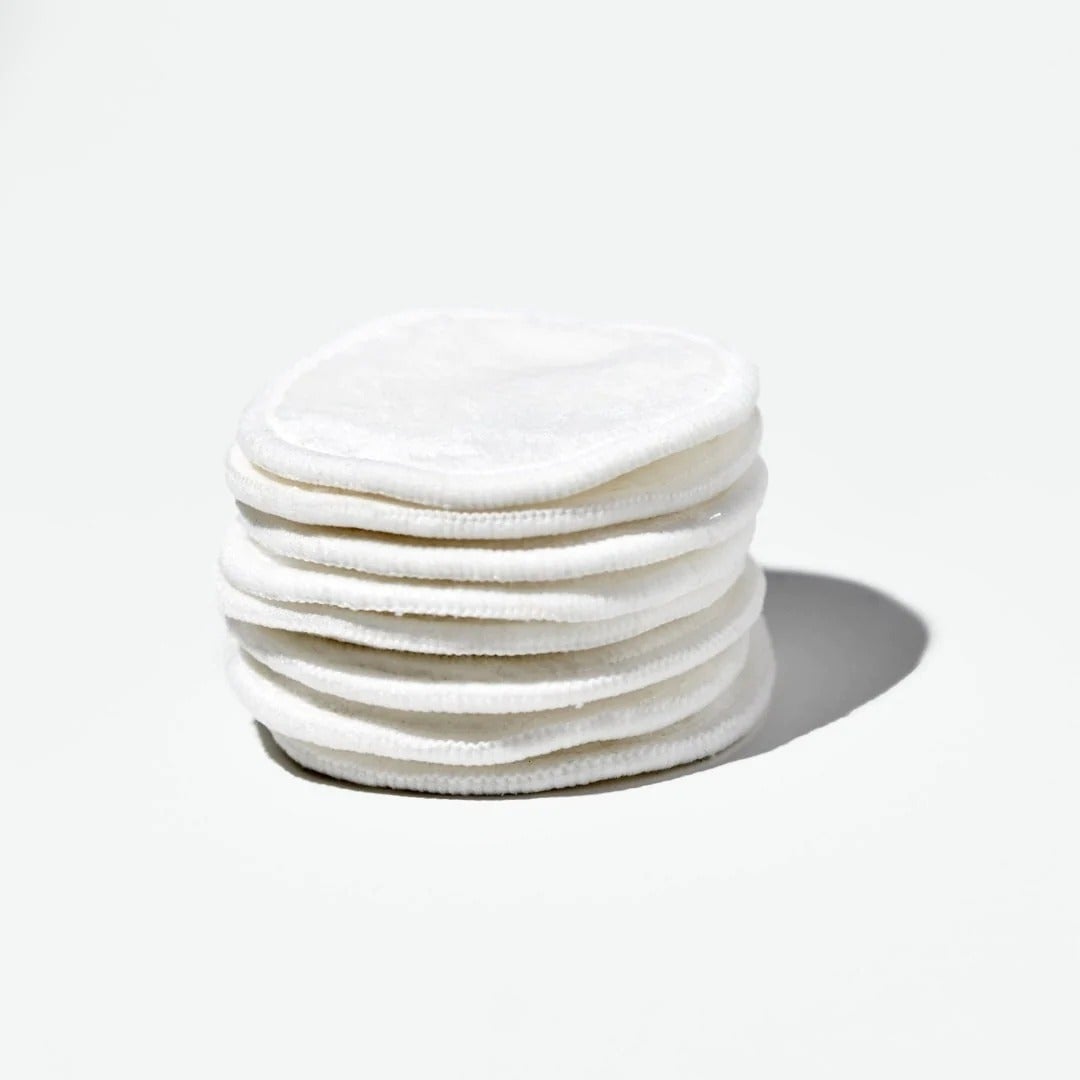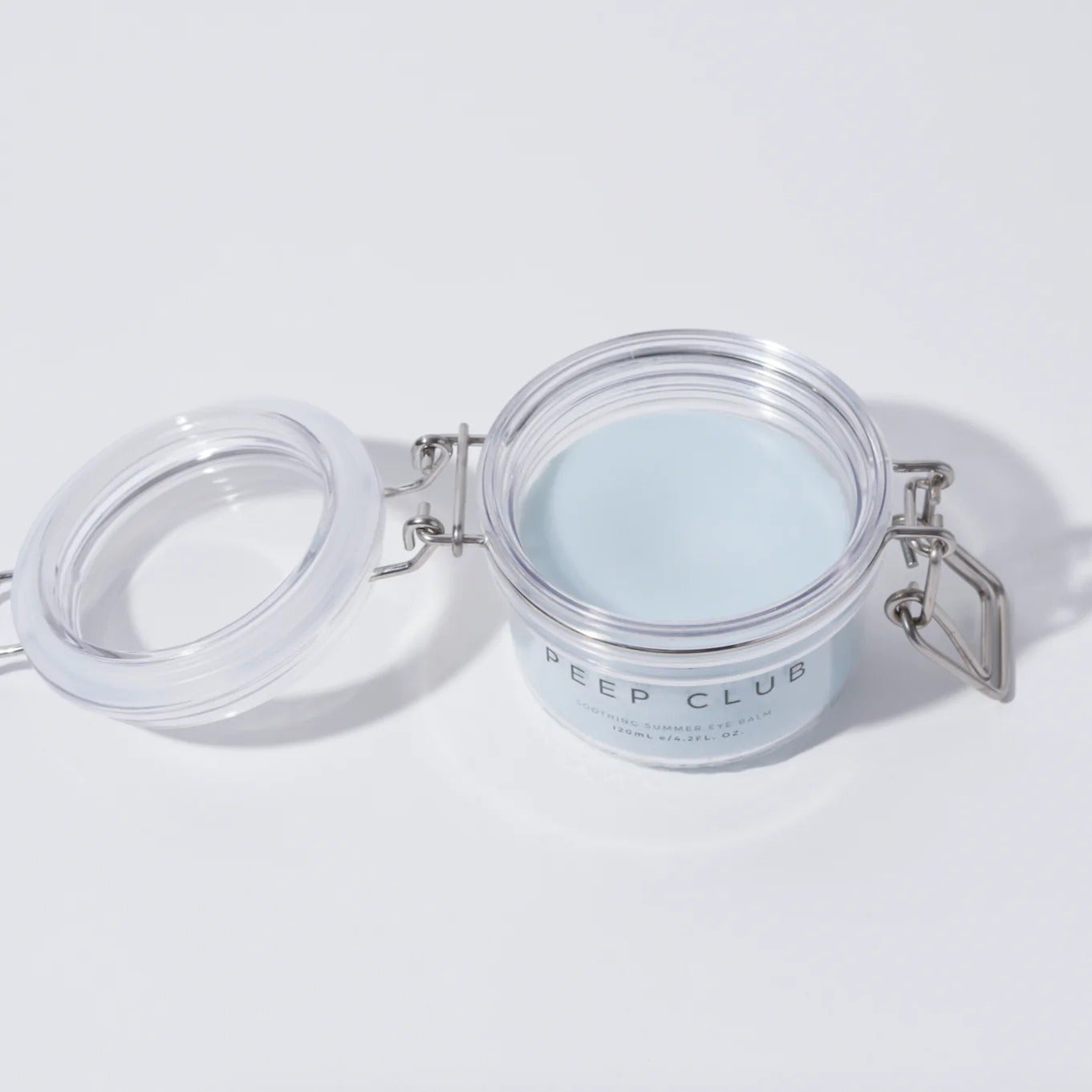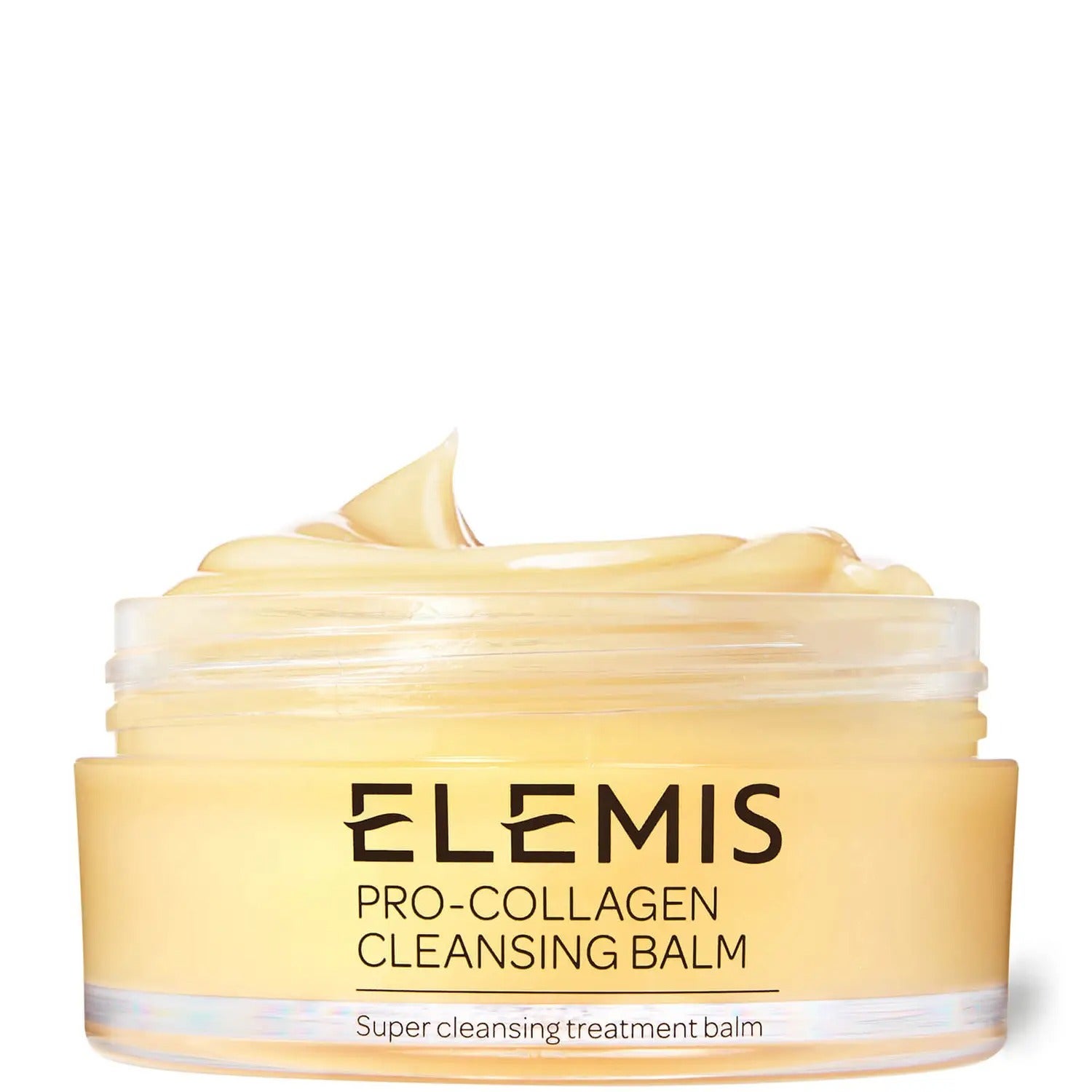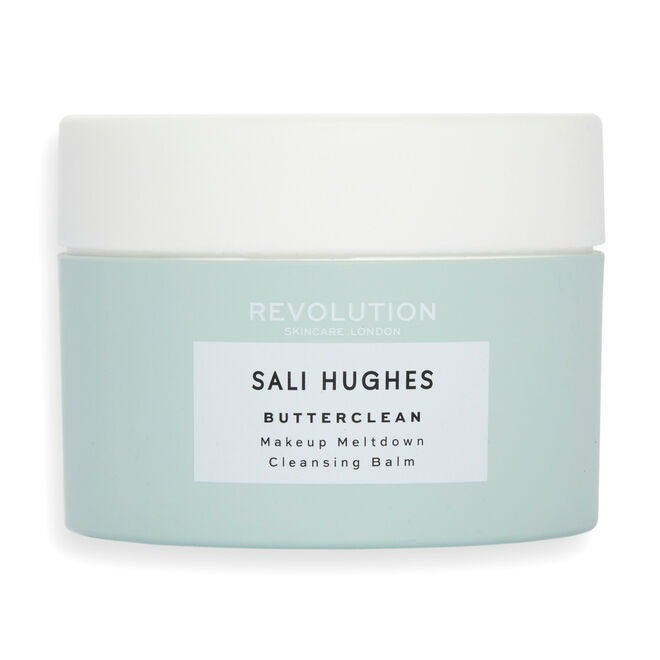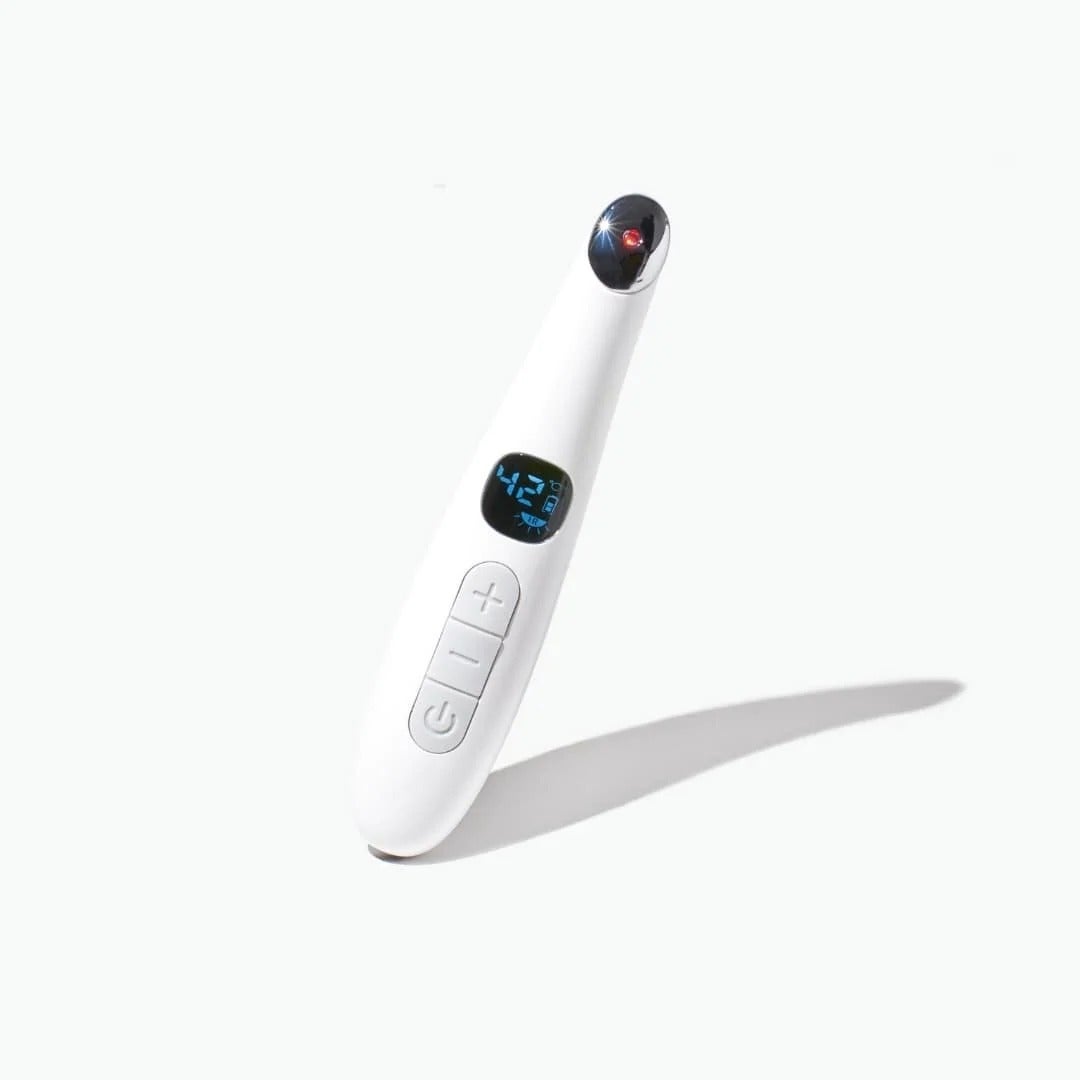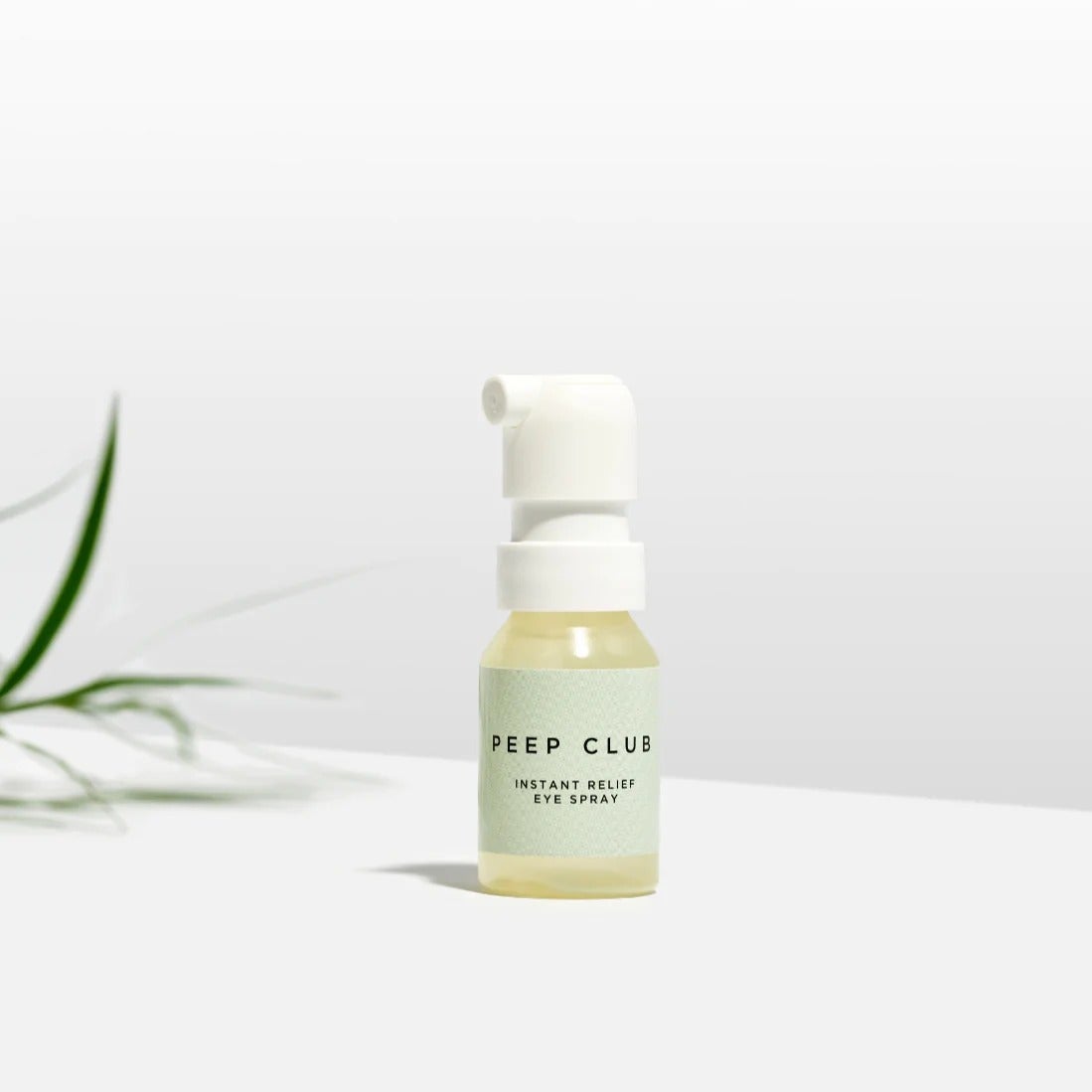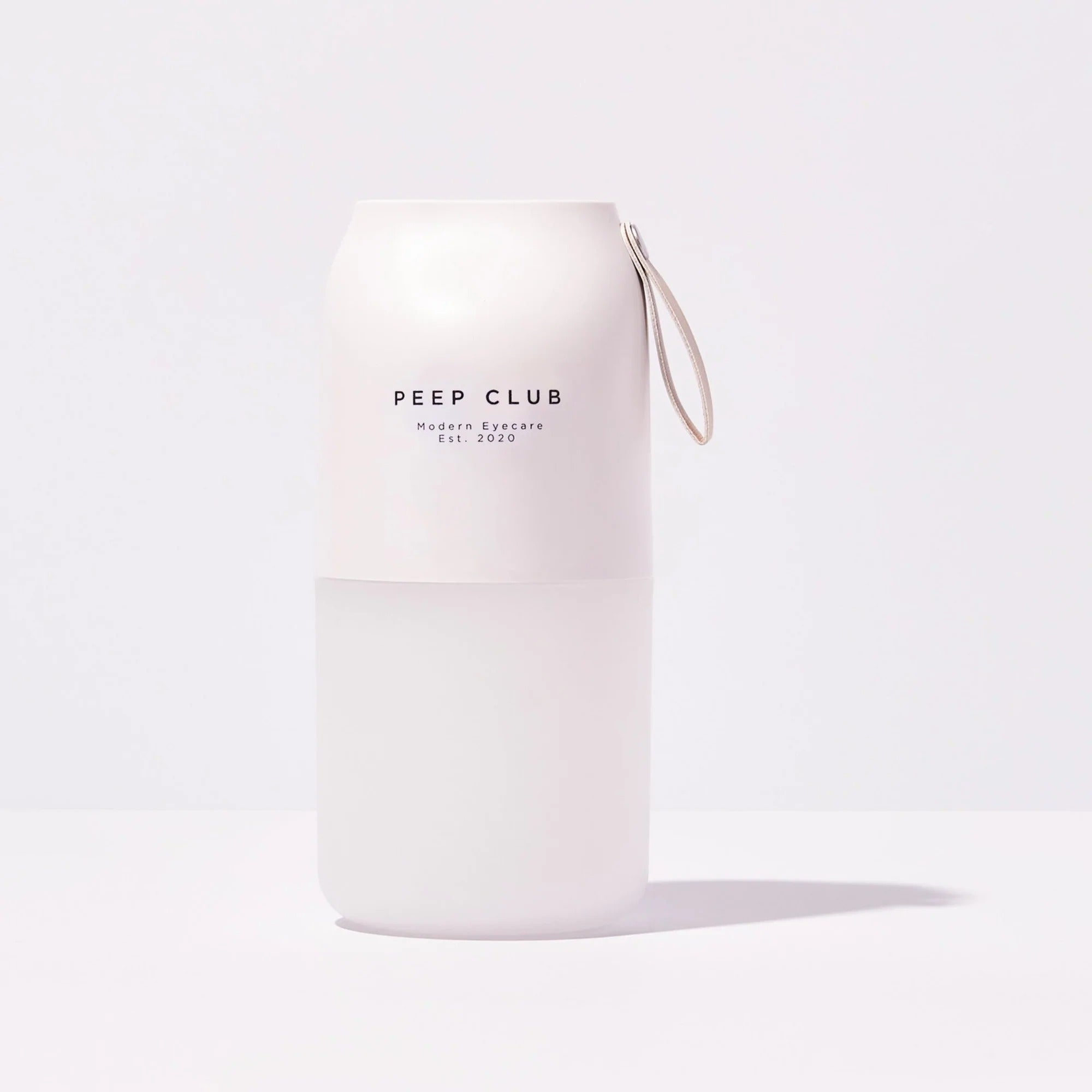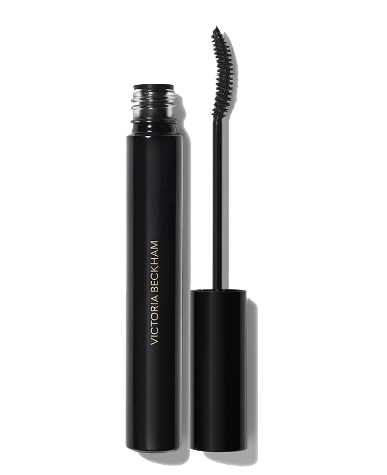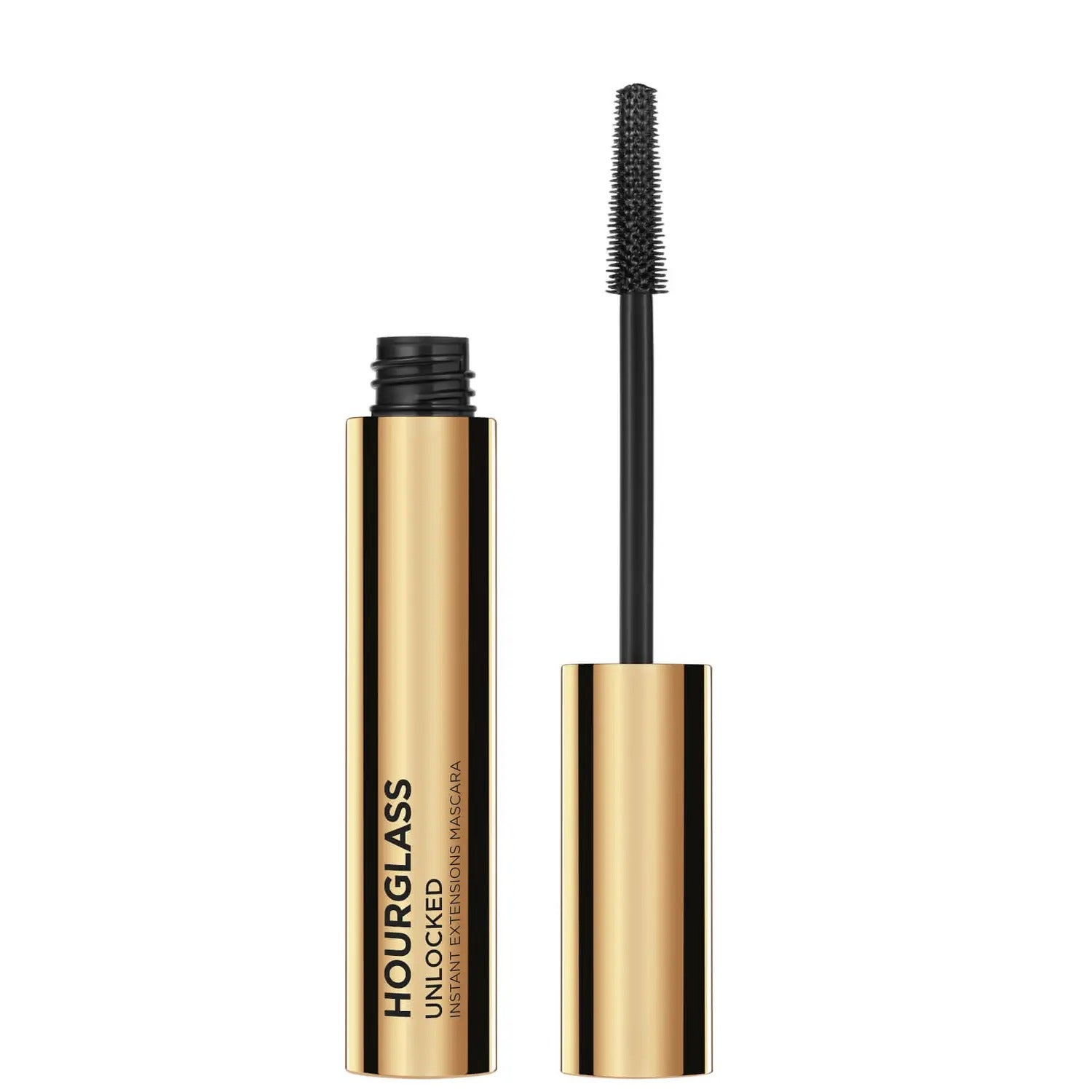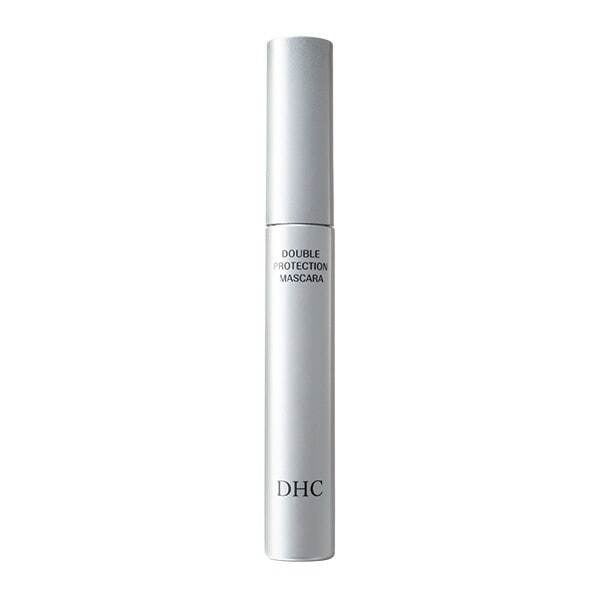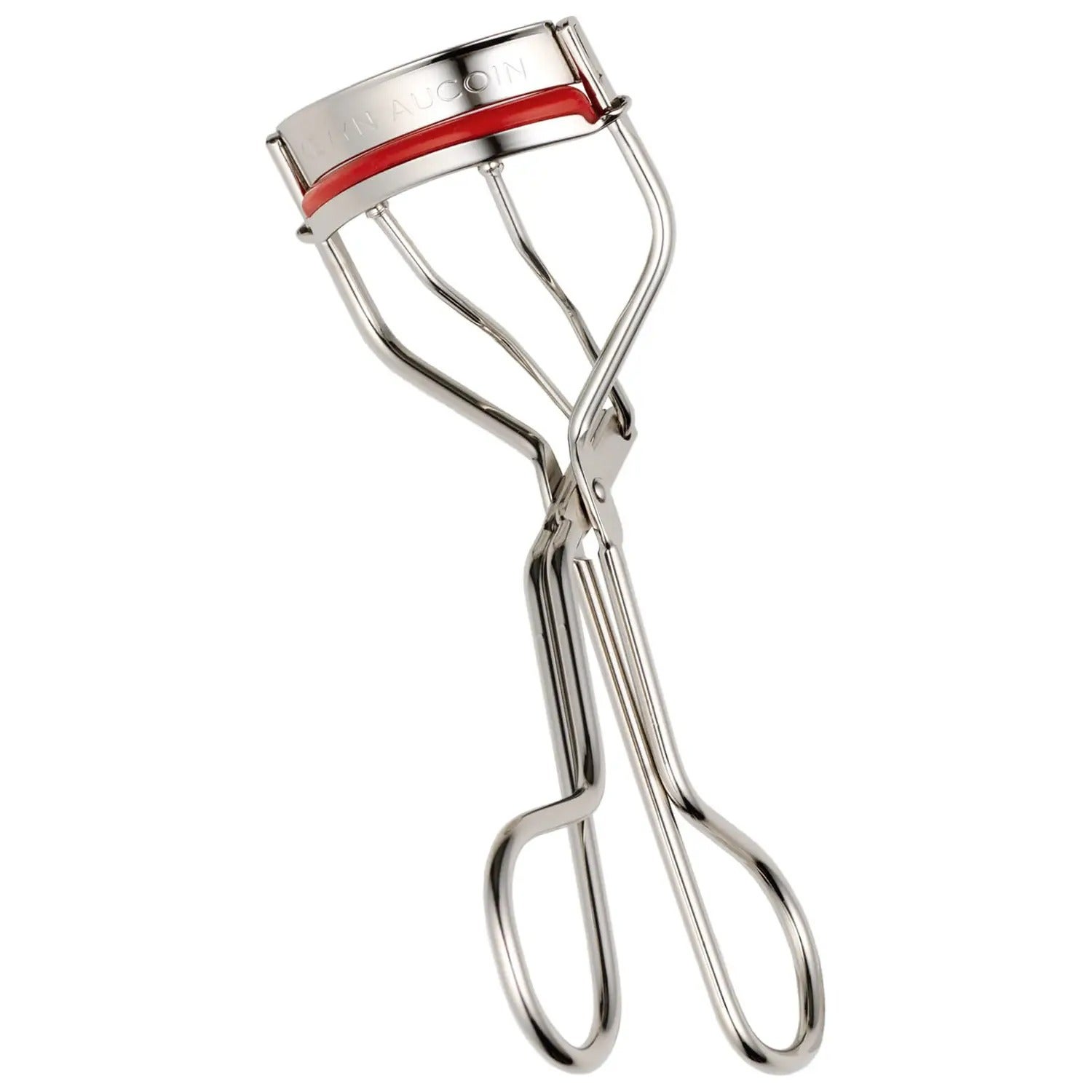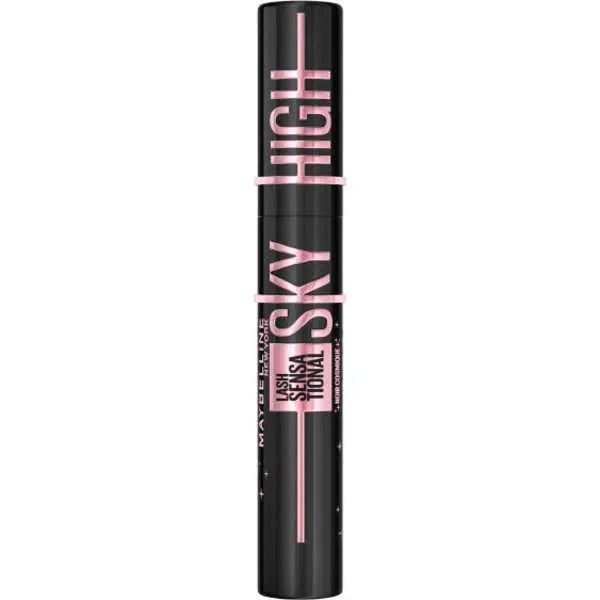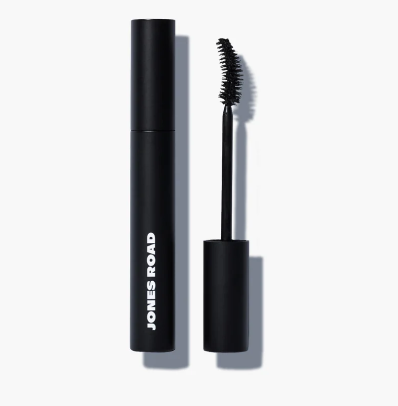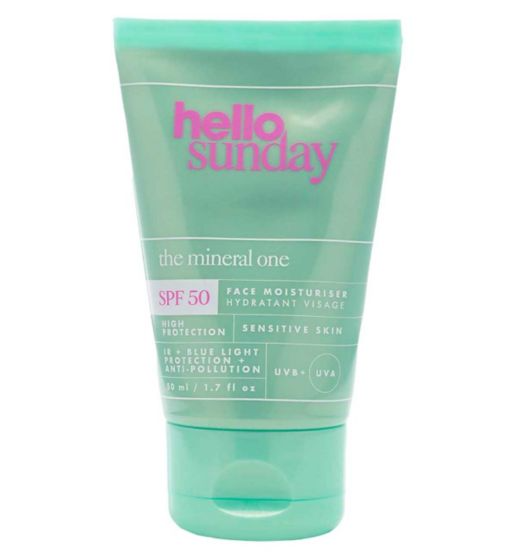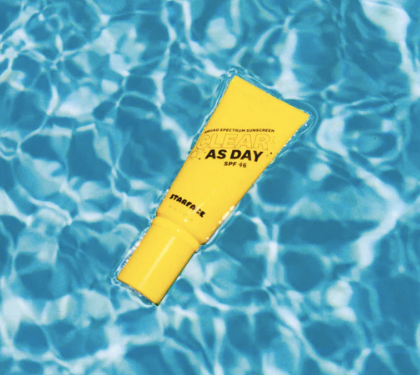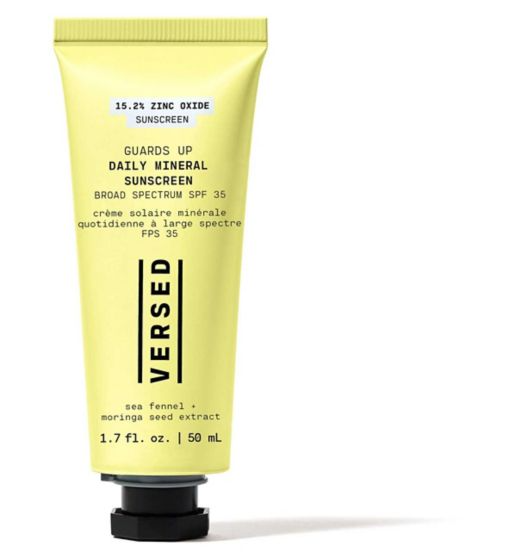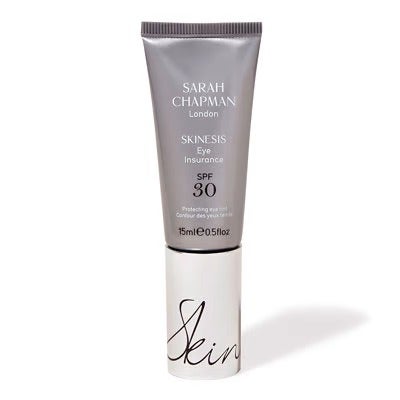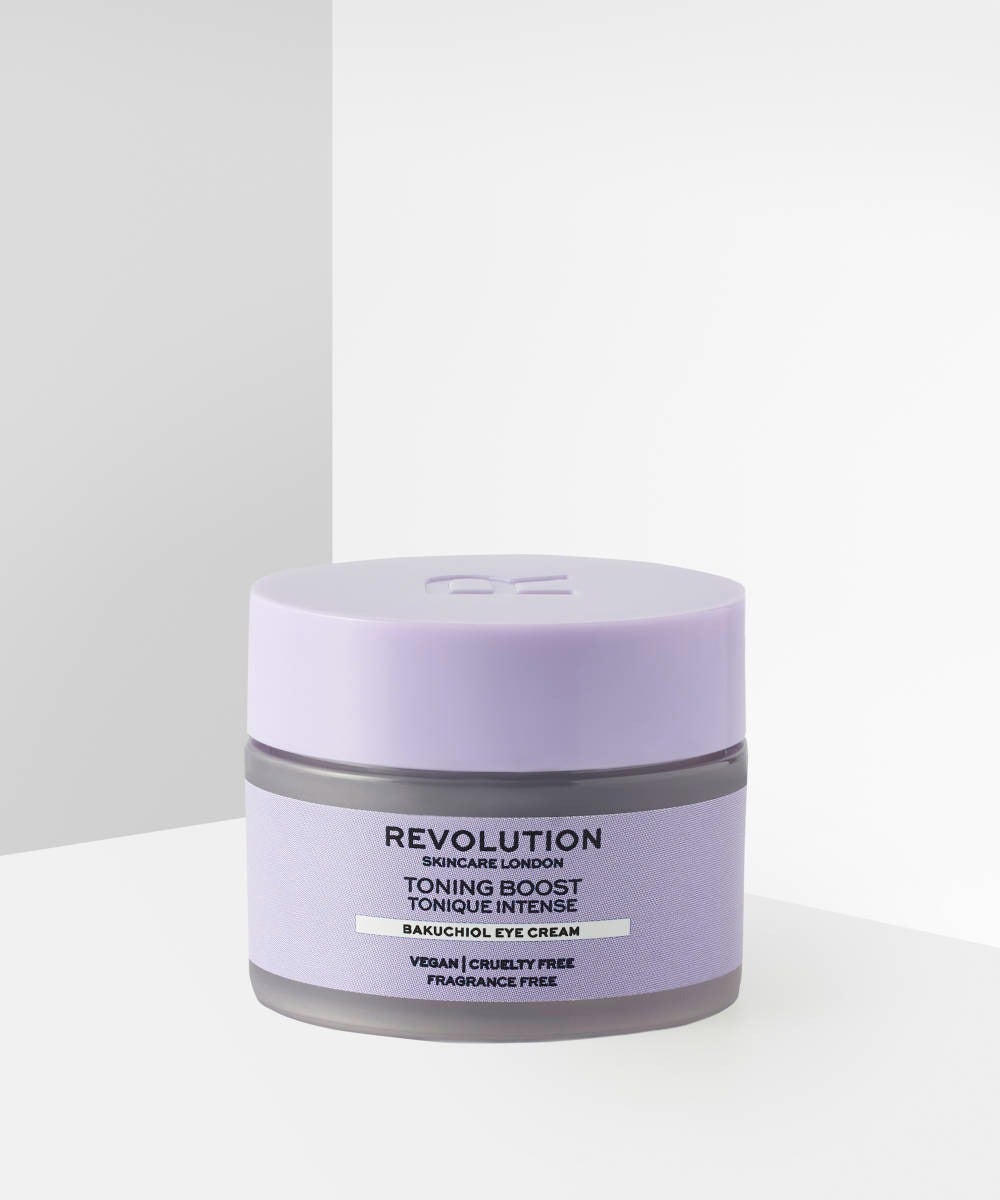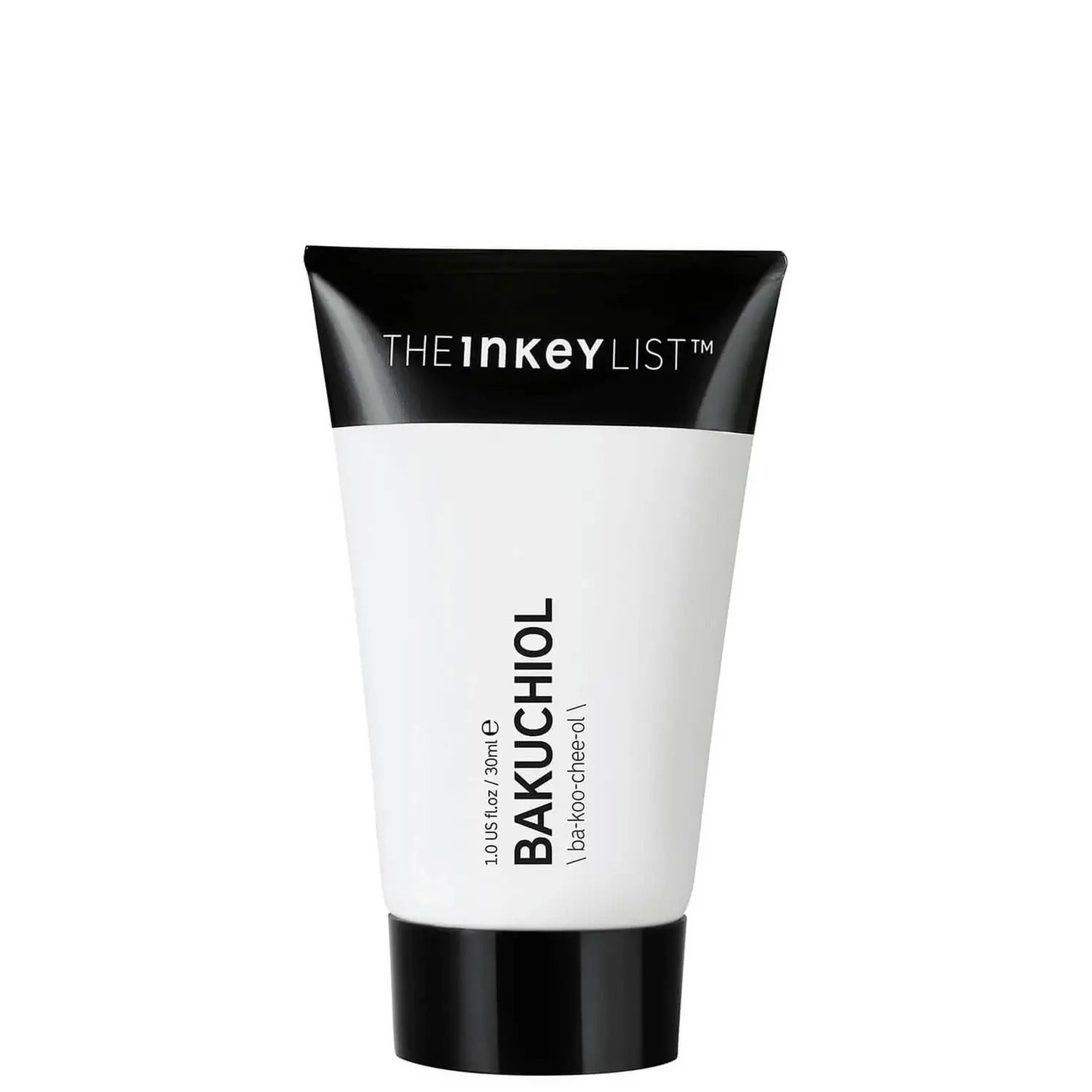Your eye health is probably the last thing you might think about when it comes to your beauty routine. We all know not to share eyeliner (a one way ticket to conjunctivitis) or to bin mascara when it becomes dry and crusty (sorry, it's reached the end of its lifespan). But you'd be surprised by how many everyday makeup and skincare habits could pose a problem for your eyes.
Nicola Alexander-Cross, optometrist and co-founder of Peep Club, is well versed in the matter. She's seen everything from self-inflicted eye infections as a result of taking off makeup incorrectly, to eczema-like skin conditions brought on by viral TikTok hacks. In other words, what Nicola doesn't know about keeping eyes healthy and happy isn't worth knowing.
AdvertisementADVERTISEMENT
With that in mind, I couldn't say no to a one-on-one consultation (especially as I'm convinced that the rather clumsy way in which I apply and take off my signature heavy eye makeup is contributing to my deteriorating eyesight). What I learned gave my beauty routine a much-needed service — and here's everything I want you to know.
What you need to know before using a lash growth serum
Lash growth serums, which are available in the UK, will have been approved for use, says Nicola. In fact, she has used many on her own lashes. Some serums available elsewhere may contain bimatoprost (a type of glaucoma medication, which was repurposed for serums due to the lash-enhancing effects). But it can cause iris or skin darkening. Nicola actually pointed to a tiny "beauty spot" on the waterline of her own eye. From a health perspective, Nicola says that this isn't a problem, but it is a small cosmetic change that you might not like.
The most popular lash serums right now are not bimatoprost-based. Rather, they contain peptides (AKA proteins) to build up and thicken lashes, much like The Ordinary's Multi-Peptide Lash & Brow Serum, £12.40, Typology's Eyelashes & Brows Serum 2% Pea Peptides + Castor Oil, £16.80, and the RevitaLash Advanced Eyelash Conditioner, £89.
AdvertisementADVERTISEMENT
Not many people know that the best way to use any lash growth serum is only for three months a year, according to Nicola, who advises then taking a nine month break. Why? "The biggest issue I see is people becoming allergic to lash serums," says Nicola. "Their eyes become very irritated, red and dry, but it's more of a sensitised reaction due to over-use." With lash serums, results aren't permanent, adds Nicola, so it's important to allow your eyes to re-stabilise.
This is the wrong way to remove eye makeup
Even if closed, eyes are not a watertight seal, explains Nicola, which is why it pays to swipe down and outwards when removing eye makeup using a cotton pad — never upwards (guilty as charged). Loading makeup remover onto a pad and doing it the latter way can disrupt your tear film (the fluid layer on the surface of the eye) making eyes uncomfortably blurry. It's not just your tear film, though. Your cornea is also prone to damage if you're too aggressive. "Your cornea is made up of stem cells," says Nicola. "It heals quickly, but up to a point. If you keep damaging it and grazing it with cotton pads or wipes, it'll get to a point where damage is irreversible. People do it all the time."
So which makeup remover should you use? Nicola is a fan of micellar water, but prefers an oil based balm like the Peep Club Soothing Summer Eye Balm with Blue Tansy, £25, and natural, super-soft pads like the Reusable Velvet Bamboo Pads, £15. "I'd suggest leaving the cotton round on the eye for a moment to melt away the makeup, as something oil based it will break down the product easily this way," adds Nicola. "Then, gently wipe down and outwards. Make sure the pads you're using remain soft even after you wash them," says Nicola, as some reusable versions can become scratchy over time.
AdvertisementADVERTISEMENT
shop 4 products
If you'd rather not use cotton pads, a gentle balm which turns into a cleansing milk on contact with water is a great shout. Nicola likes Elemis' Pro-Collagen Cleansing Balm, £44, but the Revolution X Sali Hughes Butterclean Cleansing Balm, £14.99, is a purse-friendly alternative. If you have very sensitive eyes, Nicola also suggests looking out for products with minimal ingredients (4-5) and with a label that states they are specifically developed for eyes ('ophthalmologist tested').
Avoid eye makeup remover which contains alcohol
Alcohol-based eye makeup removers are one of the culprits that causes dry eyes, which is why Nicola prefers oil-based versions. "Most people have some version of dry eyes," she says. "It's an overarching term, but it can be anything from a little bit of redness, an itchy feeling or eyes going into hyper-overdrive and starting to water. Even difficulty looking at screens."
Loose powder is an offender, too. "You really need to powder, keep your eyes closed as this type of product can disturb your tear film," says Nicola. The same goes for setting sprays, particularly mattifying versions, which tend to contain alcohol.
Left untreated, Nicola says that dry eyes can be very uncomfortable and affect vision. You might have already invested in some eye drops, but she'd rather use the Heated Eye Wand, £60, which will last you a lot longer. "This face tool has three settings: a gentle massager, a heat pad and LED. The heat pad helps oils flow," which moisturises dry eyes over time. It also helps de-puff the whole area — great if you're looking to treat 'eye bags'.
AdvertisementADVERTISEMENT
Drinking more water is probably the best way to treat dry eyes naturally, though, but Nicola likes a nightly hot compress (you can do this with a warm, damp cloth) or investing in a humidifier — also helpful for keeping eyes comfortably moisturised.
Swap your waterproof mascara for a 'tubing' version
This summer, you'd be forgiven for switching your standard mascara for a non-budge version. Sure, it may withstand a sweaty commute or workout, but the difficulty you'll probably face taking it off at the end of the day outweighs the benefits. "If you're not using an oil-based remover, waterproof mascara is really hard to get off," says Nicola. "In my opinion, the best mascara is a tubing mascara," she adds, which easily comes off with warm water using your fingertips. "They don't flake into your eyes as much, either," says Nicola.
Lay off the castor oil for lash growth
According to dermatologists, there is no scientific evidence which shows that castor oil can make lashes grow. It can be used to condition hairs, but Nicola suggests only using a very small amount. "Otherwise, your tear film will become clogged," she says. The tear film is like the skin barrier, says Nicola. "Once it's gone, your eyes are so much more vulnerable to infection and allergies."
AdvertisementADVERTISEMENT
That's not all, though. "People use castor oil too much and develop a very sensitised reaction to it, for example a big allergy on their eyelids, where they start to get itchy," says Nicola. "This is down to overuse, because eyes are so delicate." If you really want to use castor oil, you might want to keep application to a minimum.
Here's when you might want to throw out your mascara
Bacteria can cling onto eyeliner pens and pencils, but Nicola thinks mascara is a lot worse. She advises throwing away your mascara every six months maximum, but says that three is even better if you have the budget for a newbie. "A mascara is past its sell by date when it starts to become flaky on lashes and in the tube," says Nicola, "but it would have gone off way before then. That's your sign to stop using it as soon as possible."
Re-think these TikTok eye makeup hacks
TikTok is obsessed with white eyeliner in the waterline to enhance the shape and size of eyes. While it looks beautiful, Nicola says that most eyeliner pencils contain wax, which blocks the tiny oil glands in your waterline and can contribute to dry eyes. If yours become itchy or irritated easily, you might want to avoid this trend.
"I've also seen people heating spoons to curl their eyelashes like a hot roller, and others heating up a lash curler with a hairdryer," says Nicola. "These are both no-nos, as this can burn your very delicate eyelids." Instead, Nicola recommends a good, lash lifting mascara. R29 rates the Maybelline Lash Sensational Sky High Cosmic Black Mascara, £11.49, and the Jones Road The Mascara, £24, which perk up lashes without the need for extra tools.
AdvertisementADVERTISEMENT
The skincare products you might want to avoid around your eyes
Applying a high factor, broad spectrum sunscreen when you're in the sun is important to protect your skin from both burns and skin cancer. But accidentally getting a little in your eye can really sting. When it comes to the best SPF for sensitive eyes, Nicola suggests looking for a mattifying, mineral version. "A mineral SPF would be better if this is the case, because they are more matte and probably won't burn as much or leak into your eyes."
R29 rates the Starface Clear As Day SPF46, £18.99, Hello Sunday's The Mineral One Mineral Face Sunscreen SPF50, £20, and the Versed Guard's Up daily mineral sunscreen broad spectrum SPF35, £20. Nicola also loves the Sarah Chapman Eye Insurance SPF30, £48, which is a great SPF eye cream for every day.
Retinol is another ingredient that those with sensitive eyes might not be able to tolerate. While it's excellent at minimising fine lines and wrinkles (and can be taken up to the lower lash area) Nicola says that in some people, it has been shown to affect eye glands, potentially damaging the eye film. Instead, you might want to enlist a kinder retinol alternative, like bakuchiol. Try Revolution Skincare's Firming Bakuchiol Eye Cream, £8, or The Inkey List's Bakuchiol Moisturiser, £11.49.
Refinery29's selection is purely editorial and independently chosen – we only feature items we love! As part of our business model we do work with affiliates; if you directly purchase something from a link on this article, we may earn a small amount of commission. Transparency is important to us at Refinery29, if you have any questions please reach out to us.
AdvertisementADVERTISEMENT







